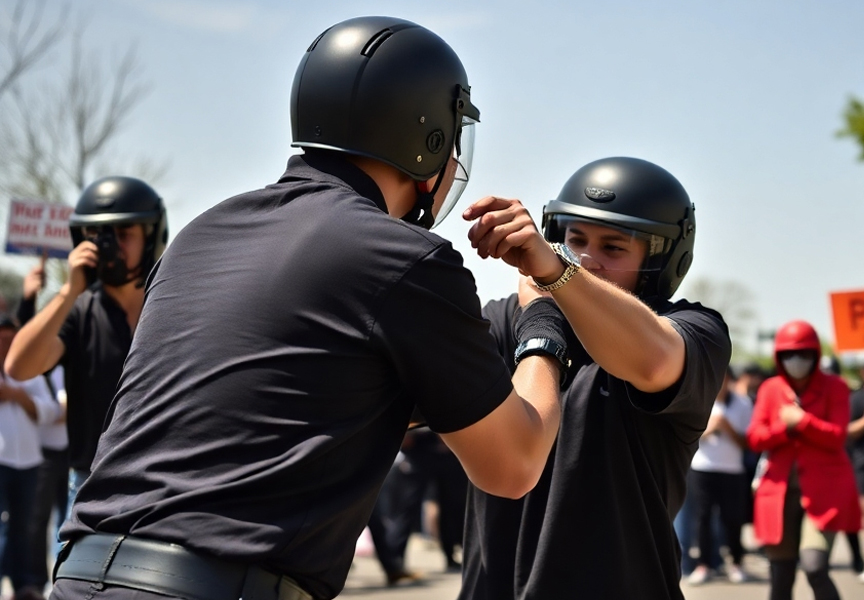Random Free Articles
- Dedication to Learning a Martial Art
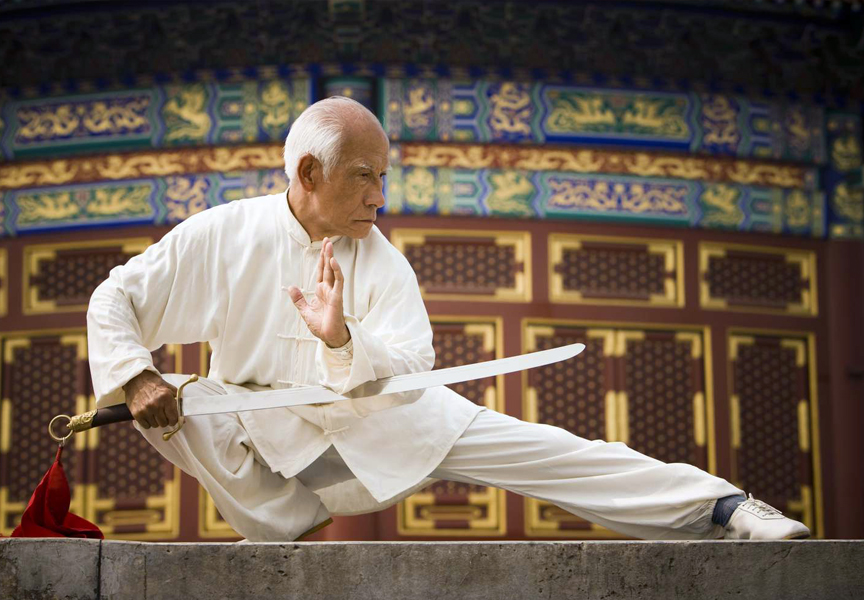
Martial arts are not just a form of physical exercise or self-defense; they are a way of life. To truly master a martial art, one must embrace a journey that demands unwavering dedication, discipline, and a deep respect for tradition. Learning a martial art is not a casual pursuit; it requires a commitment that goes far beyond the confines of a dojo or training hall. In this article, we explore the importance of dedication to learning a…
- Understanding Fajin
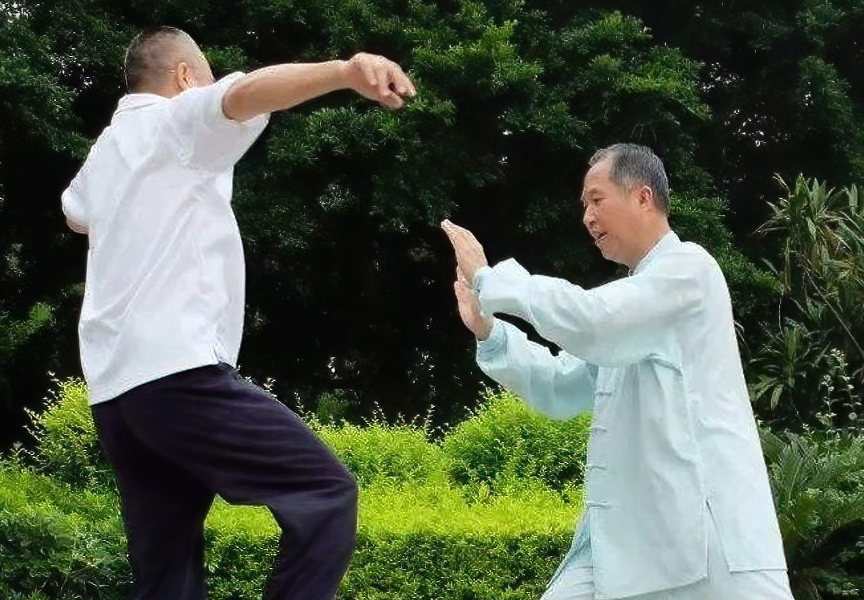
The Art of Explosive Energy Martial arts, with their rich history and diverse techniques, continue to captivate practitioners and enthusiasts around the world. One such concept that has intrigued martial artists for centuries is Fajin [Chin.: Fā jīn 法金], which translates to "explosive energy" or "issuing energy." Fajin is an essential aspect of many Chinese martial arts, and understanding it unlocks a deeper level of…
- Evaluations Over Examinations in Martial Arts

A Holistic Approach to Progress Martial arts, beyond being a physical discipline, is a profound journey of self-discovery, discipline, and continuous improvement. Traditional examination systems have long been ingrained in martial arts culture, with students undergoing rigorous testing to advance to the next belt rank. However, a paradigm shift is underway, as many Traditional martial arts schools, and Shaolin in particular, are embracing the…
- Karma
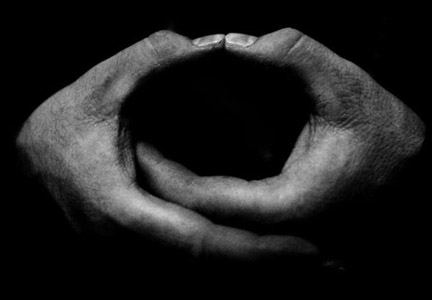
When people are happy and glad, take life for granted. Whereas when they suffer, when they encounter difficulties, they seek the reason for this and the way out of their difficulty. They may wonder why some people are born in poverty and misery, while others are born in favorable conditions. Some people believe that this is due to fate, chance, or an invisible force beyond their control. They feel that they are not able to live the life they…
- Overcoming the First Hurdle
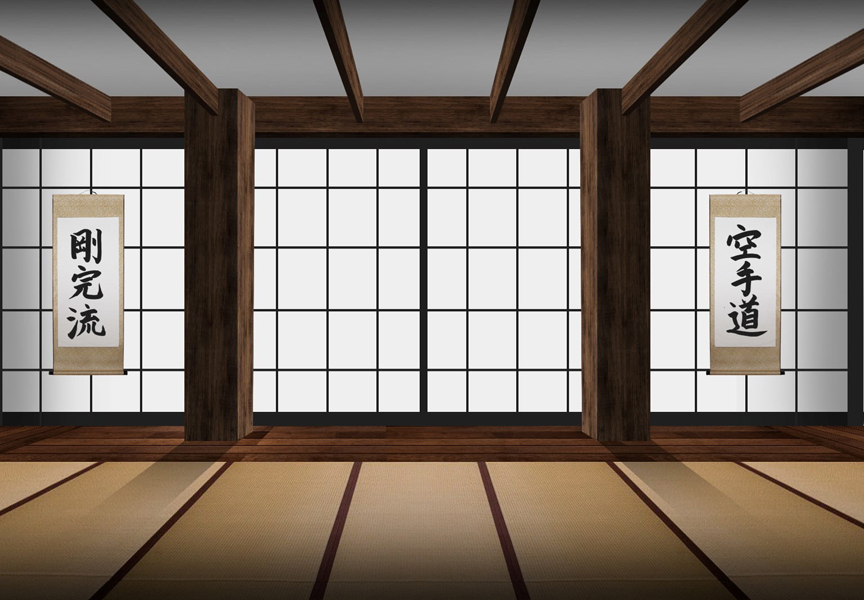
Walking into a Martial Arts Dojo for the First Time Embarking on the journey of learning martial arts can be a daunting prospect for many. The mystique surrounding the dojo and the myriad of preconceived notions can create mental barriers, often discouraging individuals from taking that first step through the front door. This article aims to demystify the most challenging part of starting martial arts – the initial act of walking into the…

